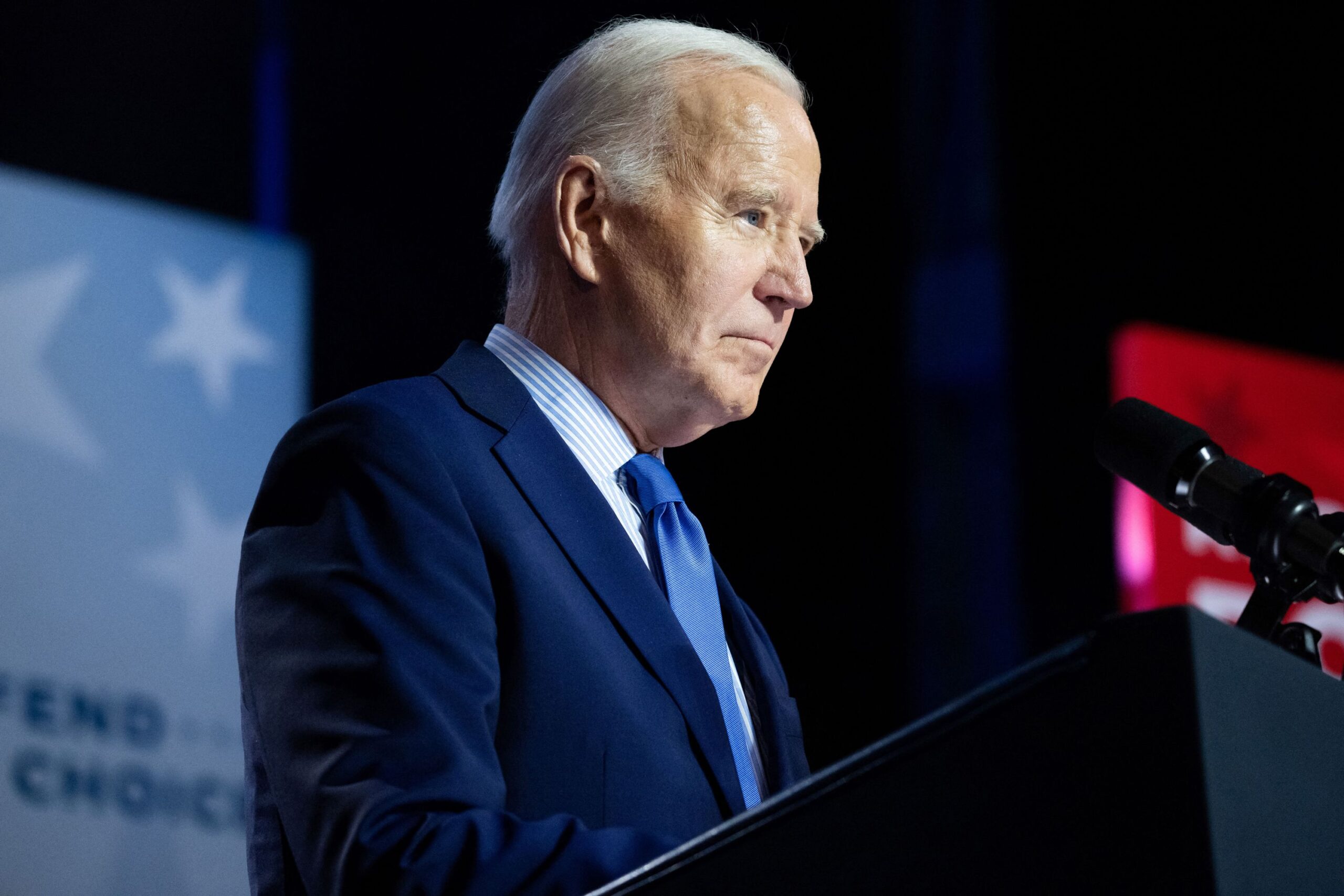President Joe Biden’s administration faced a significant challenge on Tuesday when a key meeting with Muslim leaders turned contentious. The meeting, intended to discuss the ongoing crisis in Gaza, was disrupted when Dr. Thaer Ahmad, the only Palestinian American participant, walked out in protest.
Dr. Ahmad, who has previously travelled to Gaza to provide medical aid to wounded civilians, handed President Biden a letter from an 8-year-old orphan girl living in Rafah before leaving the meeting. This act of protest is the latest in a series of rebuffs from Muslim community leaders, Arab Americans, and progressive voters towards the Biden administration’s handling of the Gaza conflict.
Despite numerous meetings with prominent Arab Americans since October 7, the White House has faced criticism and rejection. Some invitees have declined to attend, often publicizing their refusal through open letters and press interviews. Others have expressed outrage at the lack of policy and decision-makers present at these meetings.
Press Secretary Karine Jean-Pierre responded to these criticisms, stating that the administration will continue to engage in dialogue and listen to the community. She also acknowledged the pain felt by many Americans over the Gaza conflict and reiterated Biden’s commitment to securing an immediate ceasefire and increased humanitarian aid to Gaza.
These protests and rejections come at a time when the Biden administration is attempting to leverage the momentum gained from the President’s State of the Union address. However, the administration’s support for Israel amid the Gaza conflict has been met with widespread protests, including at a high-profile fundraiser in New York City last week.
The meeting with Muslim leaders, initially planned as an Iftar fast-breaking dinner, was changed after attendees argued it would be inappropriate to discuss the crisis over dinner while Gazans are starving. Following Dr. Ahmad’s walkout, the remaining attendees expressed frustration over the perceived lack of actionable outcomes from the meeting.
Despite the President’s repeated calls for a temporary ceasefire and the release of hostages held by Hamas, he has yet to call for a permanent ceasefire. This stance has drawn criticism, particularly as he is set to approve an $18 billion sale of fighter jets to Israel. His criticism of Israel’s military response in Gaza has been largely muted, with his most pointed public criticism occurring during an unrelated news conference in February.
The ongoing conflict in Gaza, which began with a Hamas attack on Israel on October 7, has resulted in over 32,000 deaths, according to the region’s health ministry. The White House has expressed outrage over an Israeli strike on a World Central Kitchen convoy that killed seven aid workers, including a dual US-Canadian citizen. However, it remains unclear whether this incident will alter Biden’s stance or public messaging on the conflict.
Despite these criticisms, the Biden administration continues to support Israel’s war against Hamas. The US has no plans to conduct its own independent investigation into the strikes, instead relying on Israel’s investigation. The timeline for this investigation and whether American-supplied munitions were used in the strike remains unclear.

